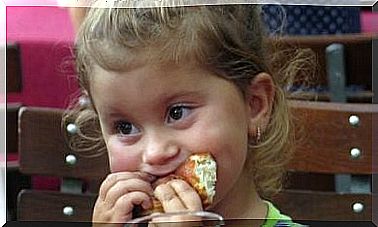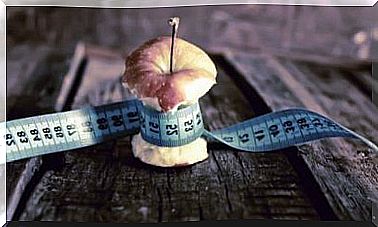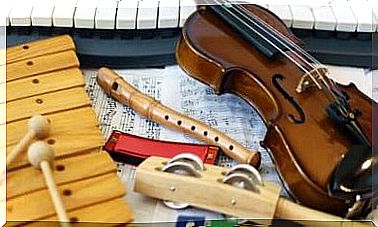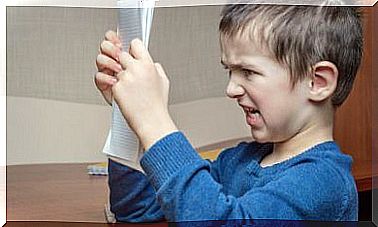Gambling As Psychological Therapy
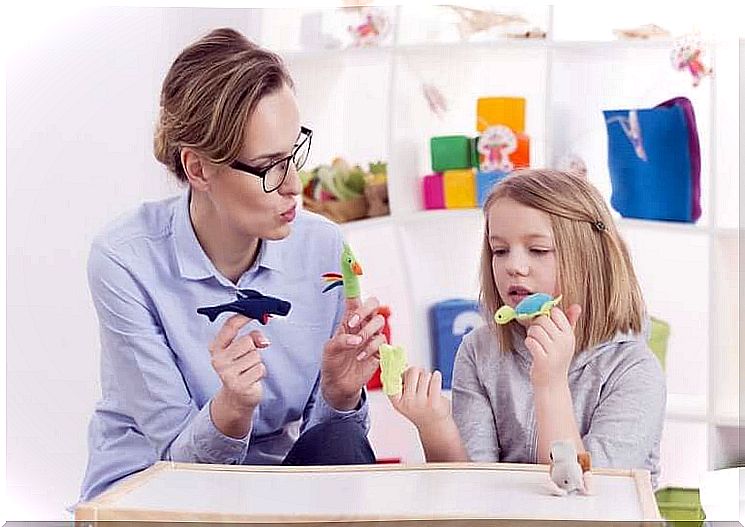
As far as children are concerned, psychology has specific methodologies. Play as psychological therapy implies that the therapist connects with the child’s language. Through these activities, the child begins to process his mood and manages to establish himself as a subject in relation to himself and others.
Transference or empathy between patient and professional will occur when the child is able to express, through symbolic play, what causes anger, fear, anguish or uncertainty.
The need to express feelings is typical of human beings, regardless of age. However, the child still does not have enough discursive or cognitive tools to understand their own feelings.
A psychological interview with children is not based on direct questions and answers. In fact, play is used as psychological therapy, offering theoretical mechanisms that allow the child to express themselves spontaneously.
The game as psychological therapy for children
As we have seen, play activities allow children to express their deepest feelings in a symbolic way. In this way, this not only allows the therapist to activate strategies to deal with the problem, but it also helps the child to let go of what hurts or makes them uncomfortable.
Gambling as psychological therapy is not simply about playing. The professional must be aware of the manifestation of certain characteristics, evaluating not only the game itself, but also the child’s gestures and attitudes when playing.
However, the child therapist must take an active role. The psychologist must participate in the game, propose possible activities and get involved in the proposals of their patients. According to the theoretical current to be followed, there will be different types of intervention and notes that the therapist will observe.
On the other hand, child therapy requires strict constancy, as well as a minimum period of time for the child to be able to play openly. In each situation, the therapist will assess, through interviews with both the child and the parents, the frequency and estimated duration of therapy.
During play as psychological therapy, the type of toy the child chooses is not as important as the way in which he plays with it. That’s why the professional usually has some toys available and invites the child to choose and play with what they want.
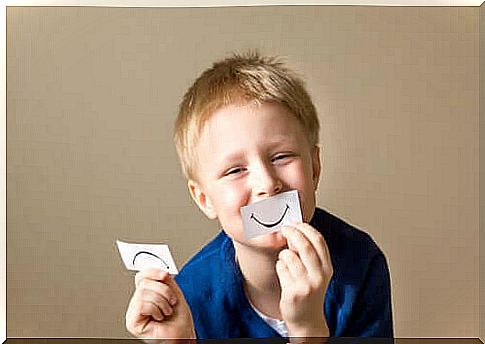
The influence of gambling as psychological therapy in treatment
Through the game, the therapist can gather a lot of information about the child’s reality and feelings. Furthermore, elements of the context of the game itself are also evaluated.
Among other things, it is possible to verify the abstraction capacity, the use of language, the reactions during the game, the inclusion or exclusion in relation to the therapist or the relationship between the game of one session and the next. These are some factors that speak of the subject’s situation indirectly.
Part of the game and therapy is also how the activity begins and ends. Some children, for example, need to destroy what they built during the session period.
Anyway, all these actions don’t have to be linear. The therapist knows that between sessions the child has experienced various sensations. It takes a lot more than one or two sessions to be able to make at least one estimation report.
Game Features as Psychological Therapy
The main features of playful exercise as part of psychological therapy are as follows:
- It favors healthy emotional development : the work of elaborating conflicts, together with the therapeutic usefulness that the understanding of the game represents, make this methodology an indispensable resource.
The playful context can promote improvements, even in children diagnosed as autistic. In these cases, despite not being openly involved in the game, they can understand and verbalize what they feel. The dynamics of therapy through play produces a different appeal for each child.
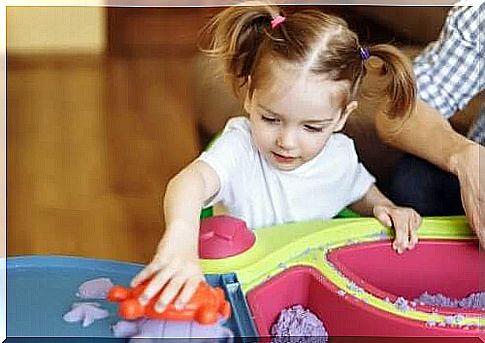
- For the child, the game serves as a bridge between reality and fantasy: through a toy, the child will be able to experience their fears, express them and, finally, overcome them. These therapies for children are used from various toys to ‘intelligence games’ for the elderly.
- Through play as psychological therapy, it is also possible to promote a better adaptation of the child to their environment.
In conclusion, the child who experiences play as psychological therapy gradually overcomes his fears and gains confidence in himself and in the environment in which he lives.



